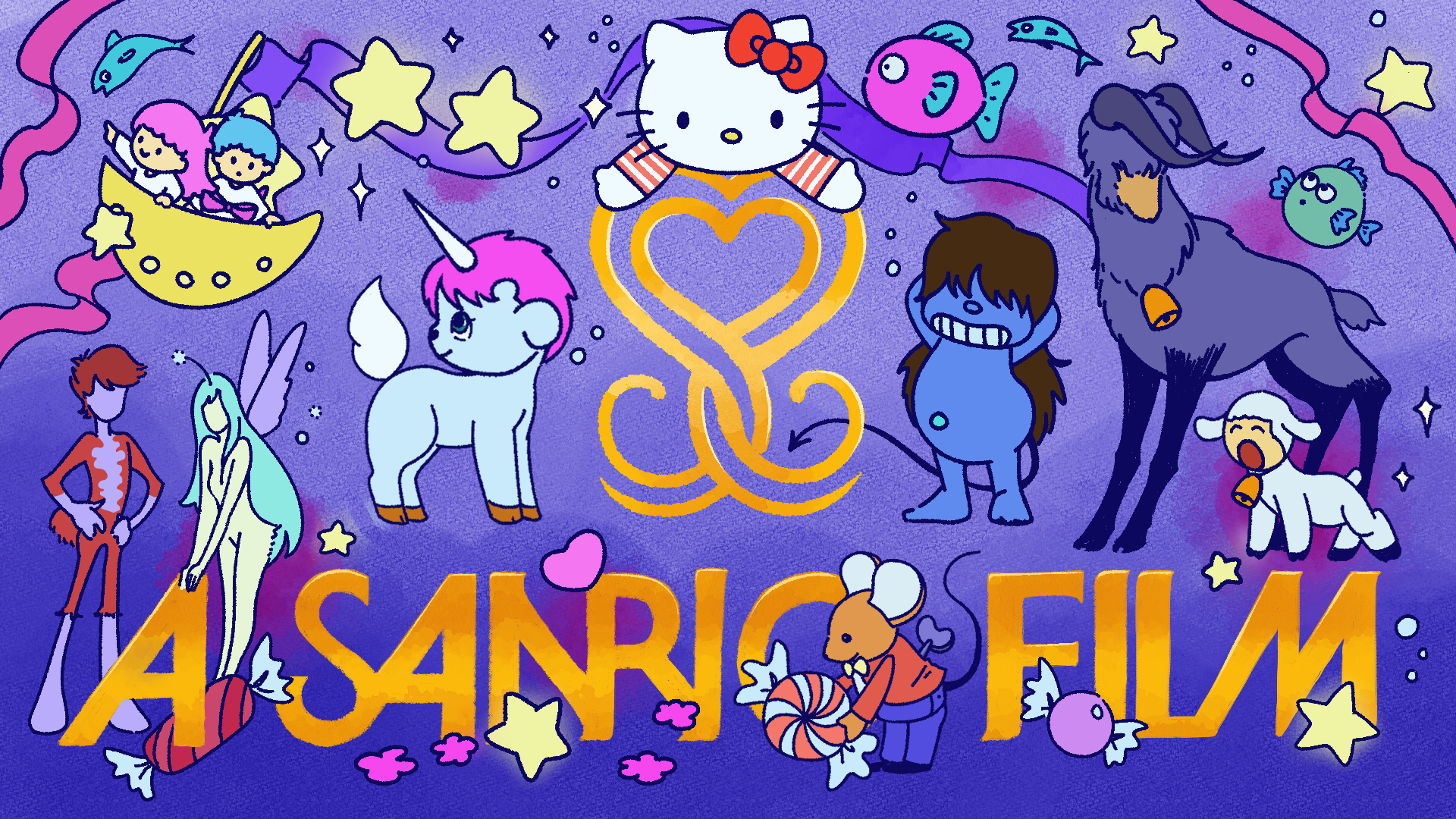This. It's one of the saddest things about how the U.S. entertainment industry works these days - that the market is so flooded with
content that something has to be a hit out of the gate or it's over. Even if it is a hit, will it stick with audiences the way pre-New Tens successes do? The
Beauty and the Beast remake made a billion dollars. And...what since? Do people quote memorable lines from the total Marvel Cinematic Universe the way they do beaucoup lines from the original
Jurassic Park alone?
Today a wonderful retrospective of the output of the short-lived but ambitious Sanrio Films was posted. Older posters who had The Disney Channel in the '80s or recall the days when every town had someone renting VHS tapes may well remember some of these Japanese-American co-productions, many animated, such as
The Mouse and His Child or the Unico anime features.
From 1977 to 1986, Sanrio Film embarked on a journey to do the impossible: become the next Disney, at the behest of its CEO Shintaro Tsuji.

aftermath.site
I am
fascinated by '70s and '80s "family movies", including those of Disney's "dark period", because they are so much more interesting than most (not all) of what's aimed at that market now, not least because they are often not safe. And they had a chance to find their audiences in the aftermarket of home media. That is no longer an option for even Disney. If beautiful films like
Kubo and the Two Strings or the Guillermo del Toro
Pinocchio struggle to find their audiences in this environment, something like
Wish is going to have it even harder. But who knows, miracles can happen.

